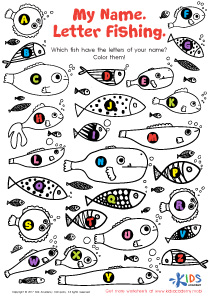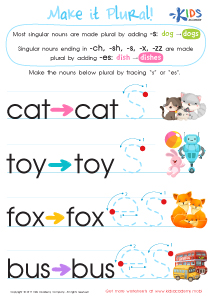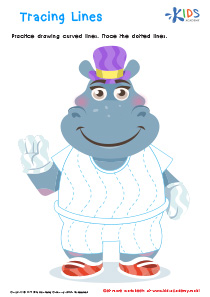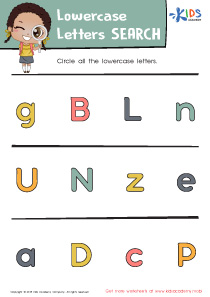Spelling practice Easy Phonics Worksheets for Ages 3-8
6 filtered results
-
From - To
Discover our "Easy Phonics Worksheets" designed for children ages 3-8, focusing on making spelling fun and engaging! These worksheets aid early learners in mastering essential phonics skills, enhancing their reading and writing abilities. Featuring colorful illustrations and interactive activities, each worksheet encourages kids to recognize letters, sounds, and words, gradually building their confidence in spelling. Perfect for both classroom and home use, these resources cater to various learning styles to ensure every child can thrive. Whether you’re a teacher or a parent, our easy-to-use phonics worksheets will make spelling practice delightful and effective for young learners!
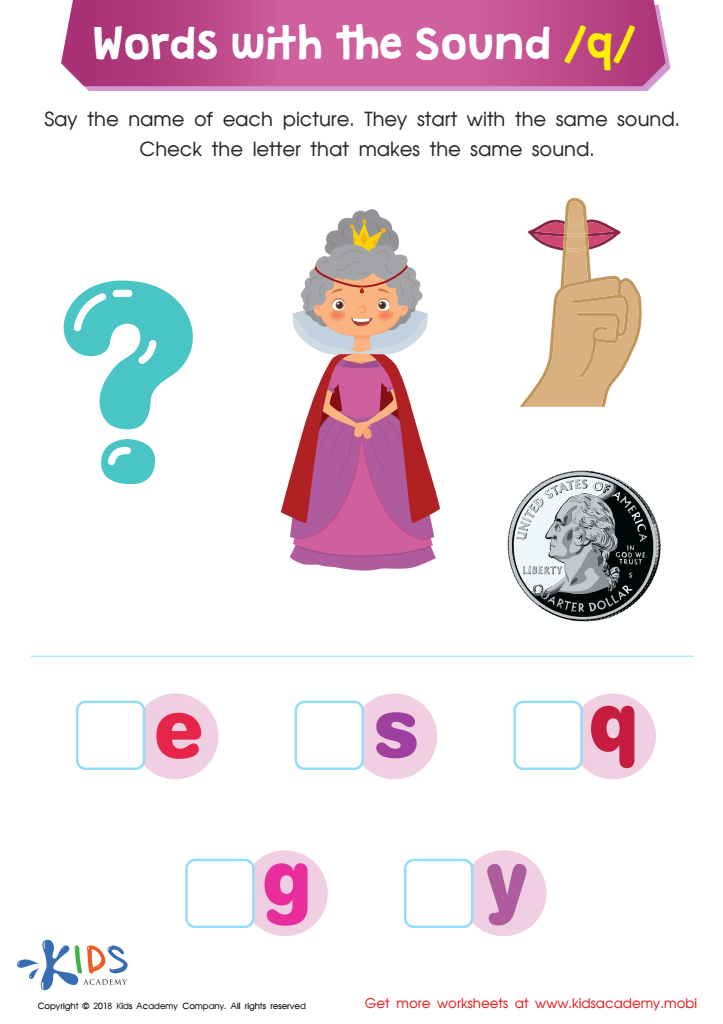

Words with Sound Q Reading Worksheet
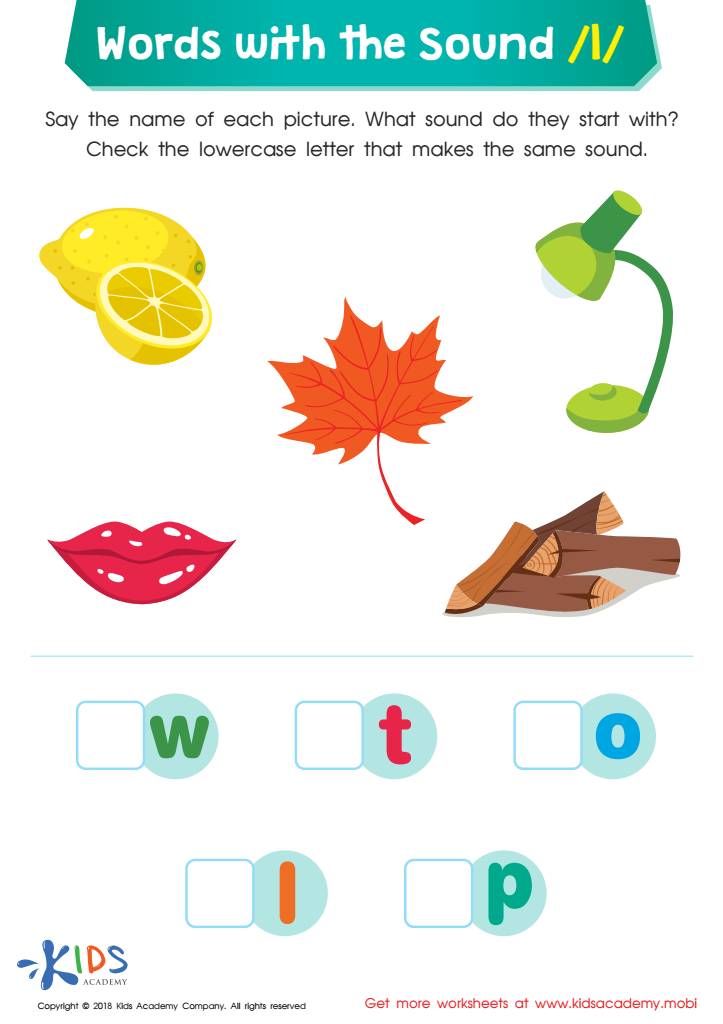

Words with Sound L Reading Worksheet
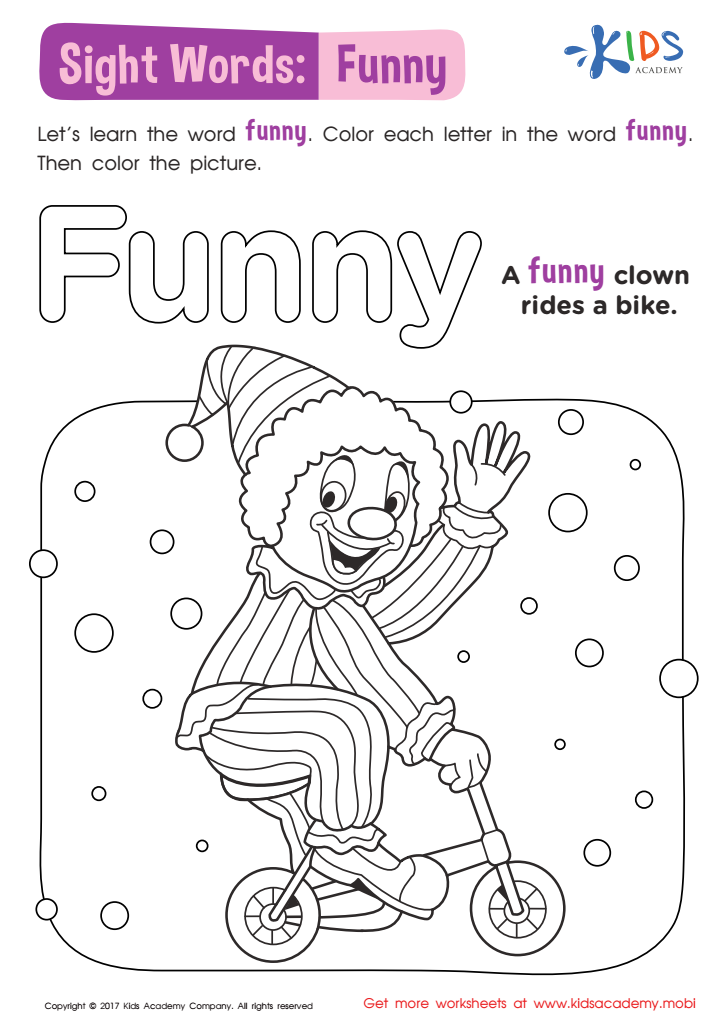

Funny Worksheet Sight Words Worksheet
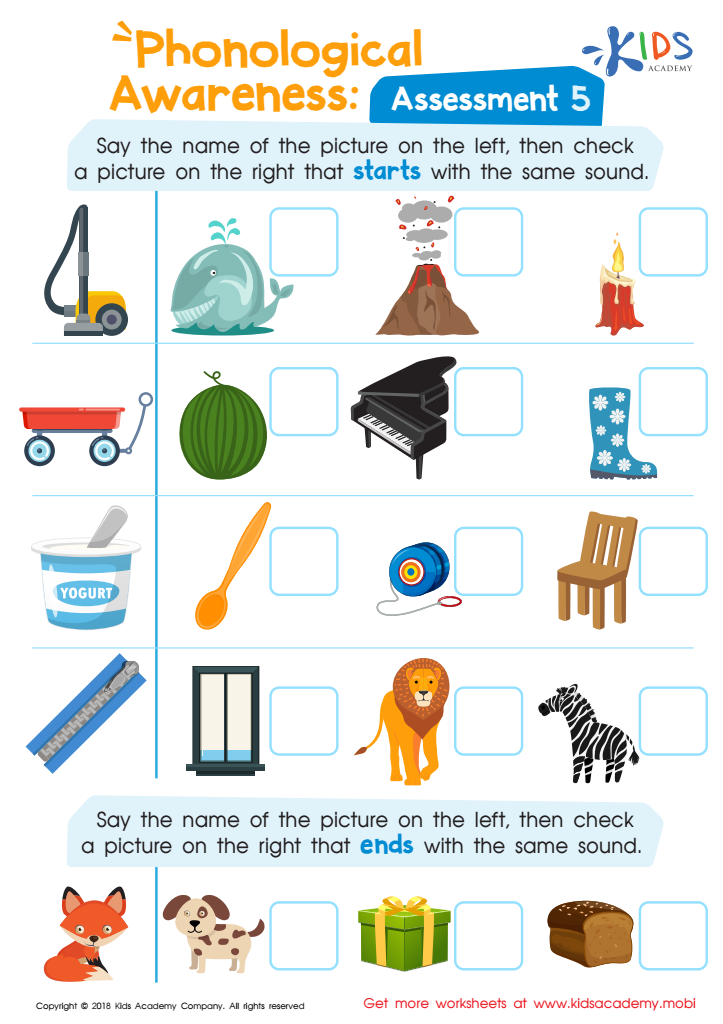

Phonological Awareness: Assessment 5 Worksheet


Phonics and Word Recognition: Assessment 1 Worksheet
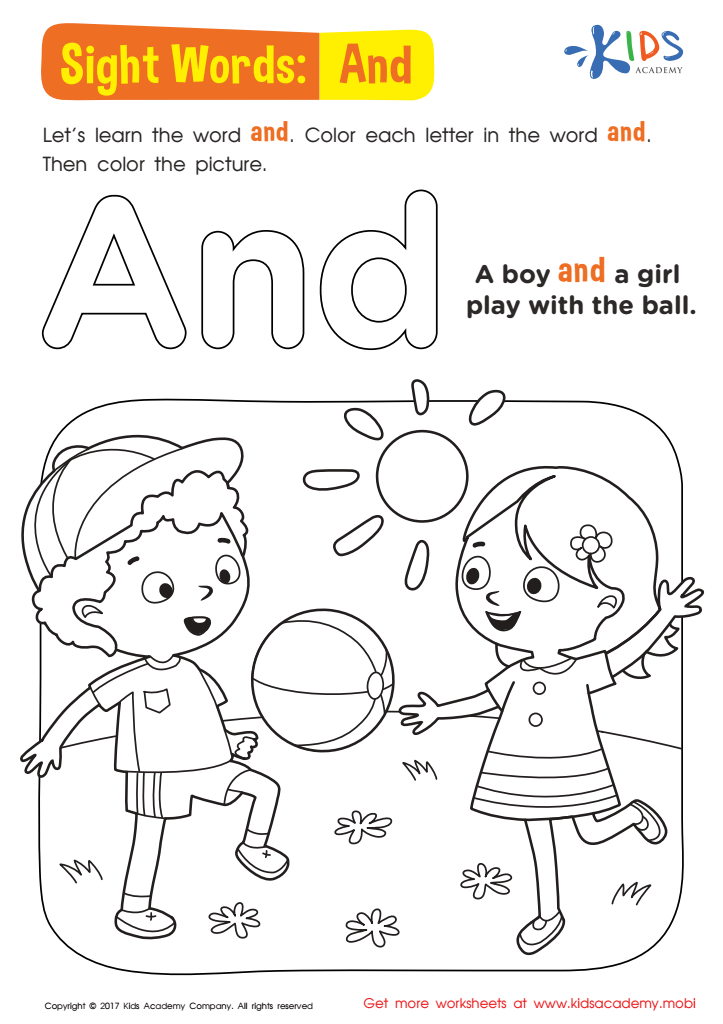

And Worksheet Sight Words Worksheet
Spelling practice through Easy Phonics is crucial for children aged 3-8, as it lays the foundation for their literacy skills. At this developmental stage, young learners are becoming increasingly aware of the sounds of language, which phonics instruction capitalizes on by connecting sounds with letters. Engaging with phonics helps children decode words, fostering their ability to read and write confidently.
Parents and teachers should care about this practice for several reasons. Firstly, early phonics instruction promotes vocabulary expansion and spelling accuracy. When children practice spelling through phonics, they not only learn how to spell individual words but also develop an understanding of language structure, making it easier for them to tackle unfamiliar words.
Secondly, consistent spelling practice builds self-esteem as children experience those "aha" moments when they recognize words or spell them correctly. This encouragement boosts their motivation to read, leading to a lifelong love of learning.
Lastly, establishing good spelling habits at an early age can prevent future struggles with literacy. Involving parents and teachers in this process ensures that children receive the guidance and support they need, resulting in more successful and confident readers and writers as they progress through their education.

 Assign to My Students
Assign to My Students










